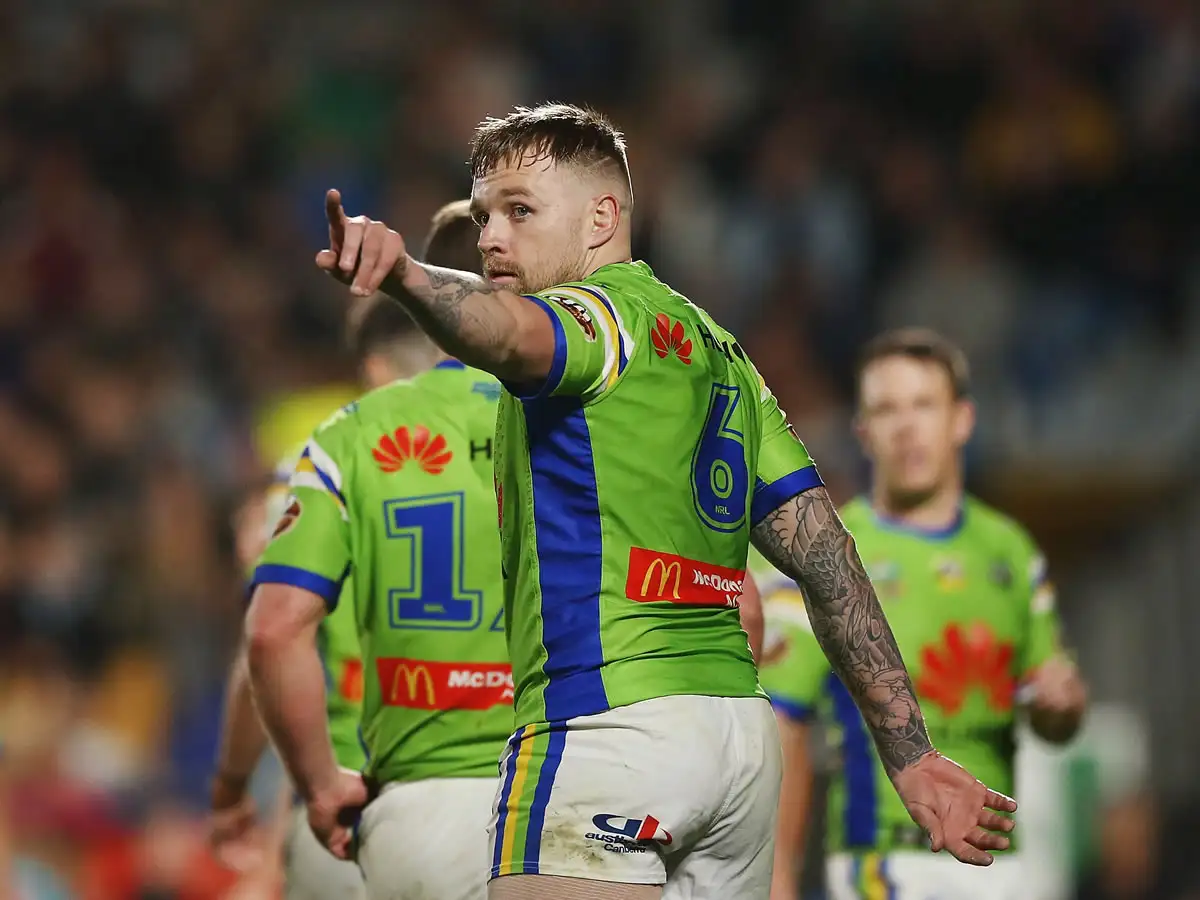Top clubs respond to Super League revolution

The structure debate is over and the gloves are off.
After almost a decade of feeling sorry for themselves because of salary cap restrictions, the soaring NRL cap, poor exchange rates and the lure of the rugby union international game, Super League’s top clubs have started to once again make themselves attractive to superstar signings.
In Trent Merrin and Konrad Hurrell, Leeds have secured two stand-out players who will light up the competition in 2019, while rivals Warrington have picked up the exciting Blake Austin and established front rower Jason Clark and St Helens have responded to the loss of Ben Barba by signing a trio of NRL stars in Kevin Naiqama, Lachlan Coote and Joseph Paulo.
?BREAKING NEWS?
Welcome to the Rhinos family Trent Merrin! @Kangaroos forward joins the Rhinos on a four year contract
Read all the details here ➡️ https://t.co/1NNMPYEux2 pic.twitter.com/EWNgPrp3EG— Leeds Rhinos (@leedsrhinos) November 15, 2018
We are finally seeing the perceived shackles that have been wrapped around the top clubs be removed and it is up to the rest of the competition to follow.
You feel that even champions Wigan may need to respond to the moves of their rivals, especially given the players they have lost, but it is encouraging to see a recipe being put together for what could be the most exciting Super League season ever.
? New signing Blake Austin says the move to Super League in 2019 provides the perfect challenge at this stage of his career
Full story ? https://t.co/XqiYs5z4JJ pic.twitter.com/YrPuOvl9co
— Warrington Wolves (@wolvesrl) November 8, 2018
While their signings have been relatively low key so far, Hull will be licking their wounds from a disappointing campaign in 2018, though they still have the parts to mount a play-off and silverware push.
Huddersfield continue to manoeuvre to create salary cap space, though their capture of Akuila Uate is an eye-catching one, while Catalans will be looking to build on their Challenge Cup win by making a push towards the top end of Super League, particularly with their recruitment of previous Grand Final winners Sam Tomkins and Matty Smith.
BREAKING! Giants confirm signing of NRL & International star Akuila Uate! ? https://t.co/DfPt4hMz88 #COYG #UateIsAGiant pic.twitter.com/JzZ3Q2t9em
— Huddersfield Giants (@Giantsrl) November 1, 2018
Not forgetting Castleford and Wakefield, who will no doubt once again punch well above their weight and compete with the big boys.
That leaves Hull KR, London and Salford to mention – the Broncos have some recruiting to do, Salford have their well publicised financial issues and for the Robins consolidation will be important for them to build towards a long-term climb up the table, much like they did when they first joined Super League more than a decade ago.
Chief executive Robert Elstone is quietly going about his work so far, and whoever you speak to about his actions there is always positivity surrounding it.
It is critical for Super League to create an irresistible on-field product, supported by the fans, ahead of the broadcast rights becoming available and of course the 2021 World Cup.
Clubs now need to prove their worth and push on, and if they do it can only be good for rugby league as a whole.
We can’t wait.